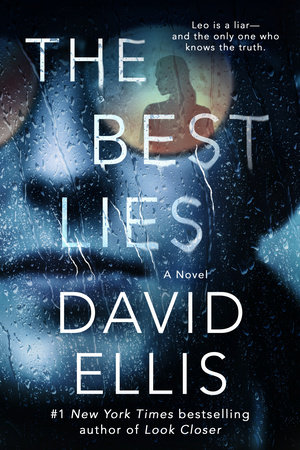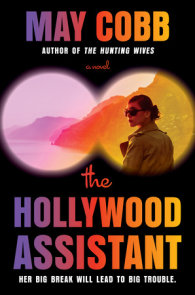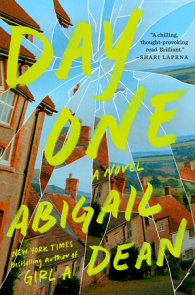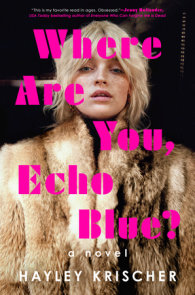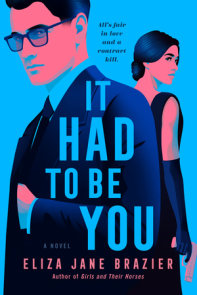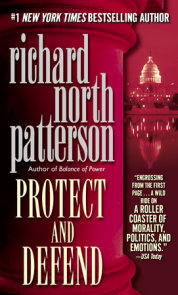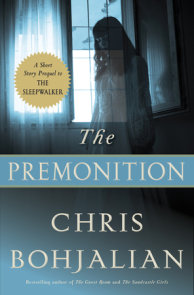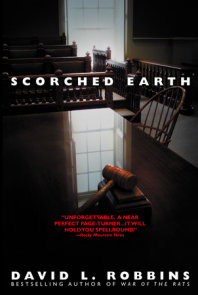READERS GUIDE
A Conversation with David Ellis1. How did you initially conceive of the idea for The Best Lies, and what was the writing process like? I started with the character. I wanted to write a novel centered around a diagnosed pathological liar. And then I built up his backstory, in part explaining why he is a pathological liar. The central character and his backstory drove the plot pieces. I have found, over time, that my books are best when I start with the character.
2. What made you choose this unusual and clever structure of different perspectives and timelines? What was it like writing across these perspectives and time frames? I choose different perspectives out of need. Can I tell everything I need to tell with one point of view (POV), or do I need multiple POVs? That structural question is the driver behind my decisions. As for timelines, it was clear from the start that the main characters’ pasts would inform the current events, so it was necessary to go back in time occasionally. It was challenging but necessary and, ultimately, I think, the right decision.
3. Without giving anything away, did you always know how the story would end? I knew part of the ending all along. The rest evolved as the story moved onward. My plot usually changes as I move through the book and get to know my characters better. It is much more of an organic process than you might realize.
4. What, to you, is the significance of this title? This book is about deception—self-deception and deception toward others. Someone truly artful can create situations in which the deception becomes reality without ever having to lie. That’s why I write in the book that the best lies are the ones you never tell. You don’t need to, because people simply make the assumptions that you want them to make.
5. What role do you think lies play in society, in families, and in our legal system? Where would we be without lies or liars, and do you think we would be better or worse off? I think people find lying intriguing because we all do it, and we do it for all kinds of reasons, good and bad. We even lie to ourselves. In fact, those are some of the “best” lies. It is nearly impossible to imagine a world without lying; it would be great, but it runs against our nature. (And a lot of people would be out of jobs. And frankly, life would probably be less interesting!)
6. How did you come up with Leo’s fascination with numbers? Have numbers played a particularly meaningful role in your own life? I am a bit of a numbers geek myself, but I thought an obsession with numbers would make sense for Leo because, as he puts it, numbers don’t lie. It’s a way for Leo to connect with this world without interacting with people, most of whom he inherently distrusts.
7. If you were to cast Leo, Andi, Chris, or Trace in a film, which actors would you most want to play them? How about any of the other characters? Believe it or not, I never think in those terms when I’m writing—or almost never. I form an image in my head but it’s never a real person. I will make one exception: when I was writing Nico, I pictured Stanley Tucci. Generally speaking, I like to write about relatable, ordinary people who are pushed to act in ways that go beyond their normal boundaries. So I would want actors and actresses consistent with that idea. Nobody too drop-dead gorgeous or handsome.
8. Which was your favorite scene to write? My favorite chapters are always the final scenes where revelations become clear. By then, I have played out all the strings, and I hold nothing back. Those can be very challenging scenes to write but they are imminently satisfying when done well.
9. What’s next for you? I am writing a novel about siblings, now adults, and a murder within their close-knit family. The two protagonists, the sister and brother, have been close their whole lives and have been through many ups and downs together. They have always had each other’s backs. Or . . . maybe not. These two characters are two of my all-time favorites. I can’t wait to share them with everyone.
10. What do you most want readers to take away from The Best Lies? I would give a two-part answer. Most of all, I want readers to have FUN. Our world has become so serious. I want to give my readers something fun to read. Serious on some levels, yes, but entertaining and fast-paced and (hopefully) clever. If people want to dig more deeply than that, as some readers will, I think this book is about the meaning of justice. Does it mean complying with the law? Does it mean doing the “right” thing? Those two things are not always the same.
Reading Group Discussion Questions for The Best Lies
1. Much of The Best Lies is told from Leo’s perspective. How did reading in the first-person make you feel about Leo? Did the first-person voice make him seem more trustworthy or more unreliable?
2. How might the novel have felt different if it had been set in only one timeline from start to finish and if it had only featured one point of view?
3. How do you think Leo’s childhood influenced his values and his relationship with the truth?
4. How do you think Leo’s profession as a lawyer influenced his relationship with the truth?
5. Which was your favorite scene in the book, and why?
6. How about your favorite line or paragraph?
7. Is there a clear villain in The Best Lies? If so, who do you think it is, and why?
8. Were you surprised by the ending of the novel? Did you guess any of the novel’s twists as you were reading? Which ones surprised you the most?
9. Leo, Andi, and Chris each have a unique idea of justice. What moral codes do each of these characters live by? How are they similar or different?
10. What do you think happens to the main characters after the novel’s end?
11. What do you think this book is trying to say about what it means to tell a lie or be a liar?







